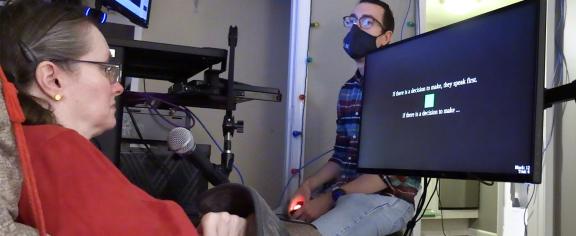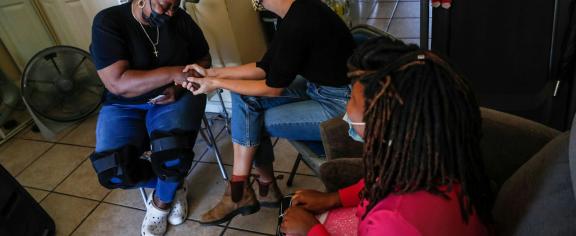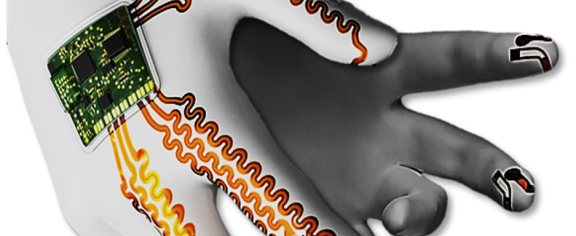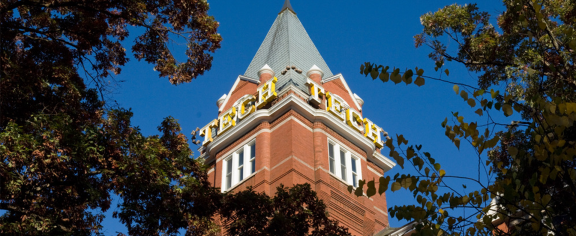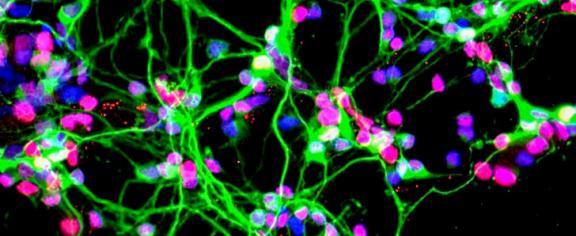2026-01-28
Biomedical engineer Chethan Pandarinath collaborates with neurosurgeons and scientists across the country in a massive project to help patients with ALS or stroke damage reconnect with the world.
2026-01-08
By studying the way social forces shape health inequalities, medical sociology helps address how health and illness extend beyond the body and into every aspect of people’s lives.
2025-12-17
A Ph.D. graduate’s research shows that the more humanlike an AI agent is, the less likely a user is to follow it.
2025-12-16
Studying how mice see has helped researchers discover unprecedented details about how individual brain cells communicate and work together to create a mental picture of the visual world.
2025-11-06
Each year, more than 100 undergraduates conduct neuroscience research in labs across campus.
2025-10-27
AI-powered artificial muscles made from pliable materials are reshaping recovery, from stroke rehabilitation to prosthetic design. These machines help people regain motion, strength, and confidence.
2025-09-18
The affordable wearable measures foot pressure and could improve stroke and Parkinson’s therapy.
2025-09-16
Scientists team up to better understand how certain types of air pollution increase the risk of developing dementia.
2025-07-01
By uniting experts across disciplines, Georgia Tech is positioning itself at the forefront of neuroscience and space research.
2025-06-26
Researchers at Georgia Tech have developed an algorithm that helps AI models develop internal organization just like the human brain — boosting efficiency by 20 percent.
